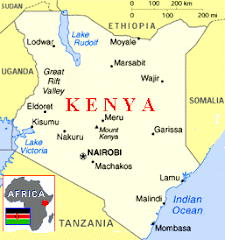A colorful array of childcare and preschool options blossomed in the 1970s as the feminist movement spurred mothers into careers and community organizations nurtured new programs.
Now a small circle of activists aim to bring more order to childhood. Their battle cry, heard in a growing number of state capitals and school reform circles, seeks to create a more standard, state-run preschool system. For young children already facing the rigors of play dates and harried parents juggling the strains of work and family, government is moving in to standardize childhood.
Sociologist Bruce Fuller traveled the country—sitting in preschool classrooms, delving into the birth of universal preschool in California and Oklahoma, and interviewing this robust movement’s eager leaders—to understand the ideologies of childhood and the raw political forces at play. He details how these new progressives earnestly seek to extend the rigors of public schooling down into the lives of very young children. Fuller then illuminates the stiff resistance by some children’s activists, ethnic leaders, and conservatives, who hold less trust in government solutions and more faith in nonprofits and local groups in contributing to the upbringing of young children.
The call for universal preschool is a new front in the culture wars, raising sharp questions about American families, cultural diversity, and the appropriate role of the state in the lives of our young children. How are state governments variably shaping universal preschool? Why does the state want to standardize childhood? Which children benefit from quality preschool? Will civic organizations grow weak as the state comes to run and regulate early education? Drawing on the voices of teachers, community activists, and political leaders actively shaping this debate, Standardized Childhood shows why the universal preschool movement is attracting such robust support—and strident opposition—nationwide.




No comments:
Post a Comment